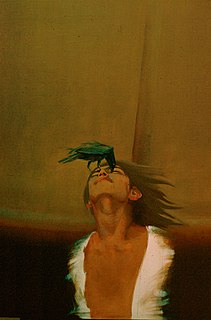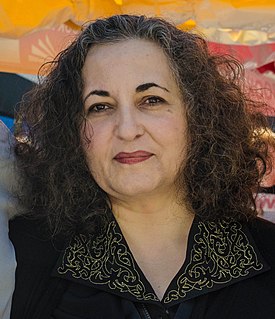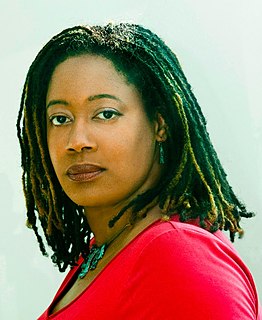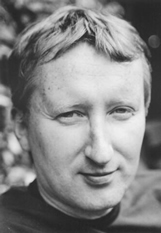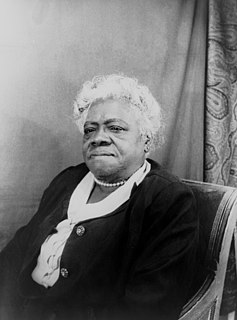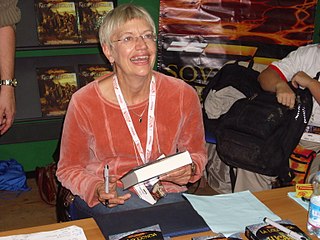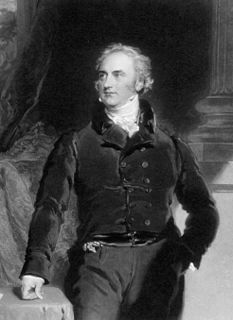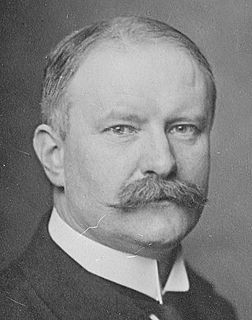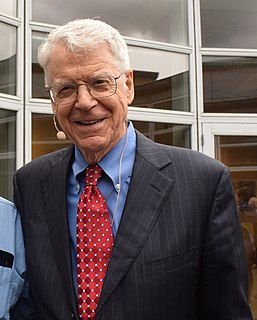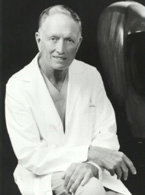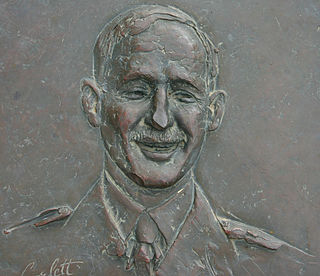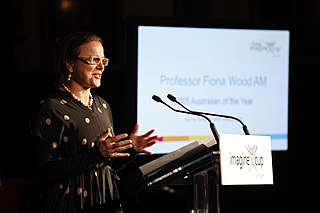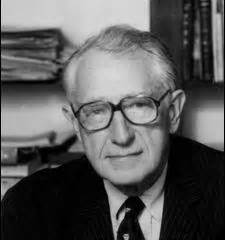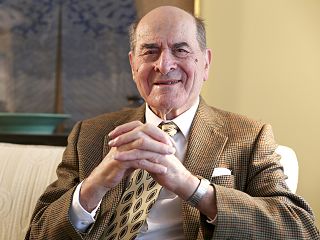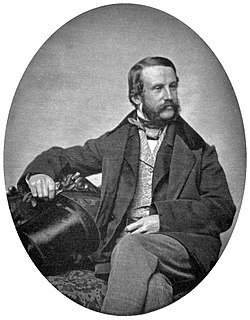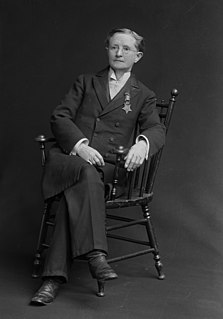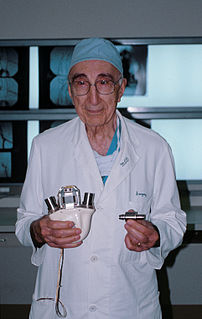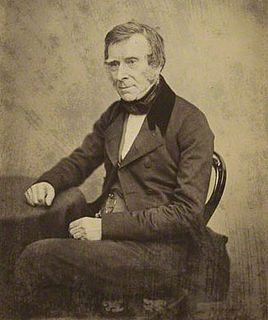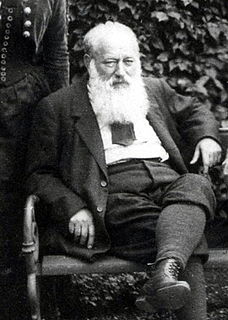A Quote by Ala Bashir
Darkness is where we begin and where we end. We don't usually see light traveling in darkness of space because we only can see its reflection on substance.
Related Quotes
Light is shallow; darkness is infinitely deep. Light is always bounded, it has boundaries. Darkness has no boundaries, it is unbounded. Light comes and goes; darkness always is. When there is light you cannot see it. When light is not there you can see it. But it is always there; you cannot cause it. Light has a cause. You burn the fire, you put on wood. When the wood is finished the light will be gone. It is caused, hence it is an effect. But darkness is not caused by anything, it is not an effect. It is uncaused eternity.
Once again you are wrong sir, darkness does not exist either. Darkness is in reality the absence of light. Light we can study, but not darkness. In fact we can use Newton's prism to break white light into many colors and study the various wavelengths of each color. You cannot measure darkness. A simple ray of light can break into a world of darkness and illuminate it. How can you know how dark a certain space is? You measure the amount of light present. Isn't this correct? Darkness is a term used by man to describe what happens when there is no light present.
God is the light shining in the midst of darkness, not to deny that there is darkness in the world but to reassure us that we do not have to be afraid of the darkness because darkness will always yield to light. As theologian David Griffin puts in, God is all-powerful, His power enables people to deal with events beyond their control and He gives us the strength to do those things because He is with us.
The difference between the "natural" individuation process, which runs its course unconsciously, and the one that is consciously realized is tremendous. In the first case, consciousness nowhere intervenes; the end remains as dark as the beginning. In the second case, so much darkness comes to light that the personality is permeated with light and consciousness necessarily gains in scope and insight. The encounter between conscious and unconscious has to ensure that the light that shines in the darkness is not only comprehended by the darkness, but comprehends it.
In each experience of my life, I have had to step out of one little space of the known light, into a large area of darkness. I had to stand awhile in the darkness, and then gradually God has given me light. But not to linger in. For as soon as that light has felt familiar, then the call has always come to step out ahead again into new darkness.
